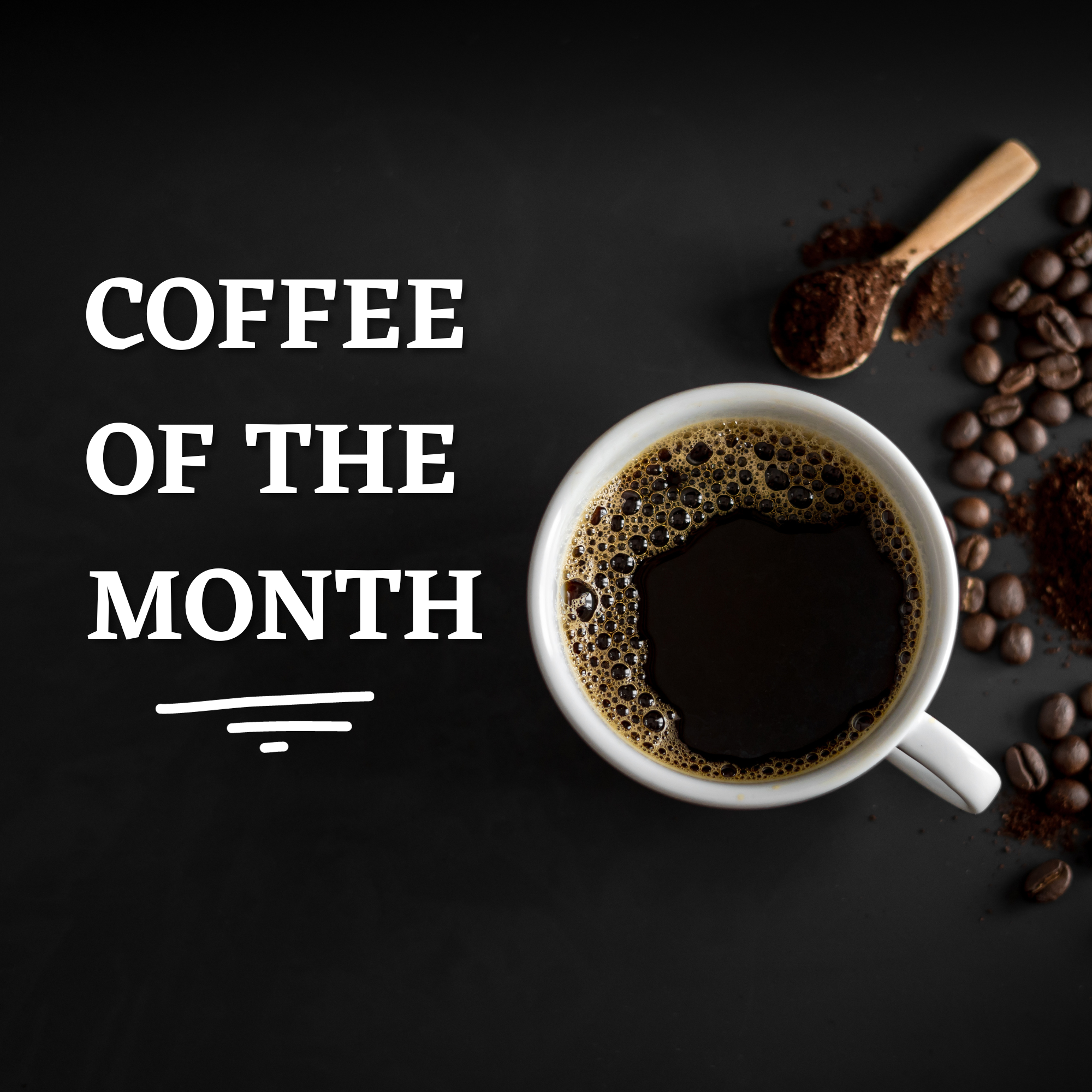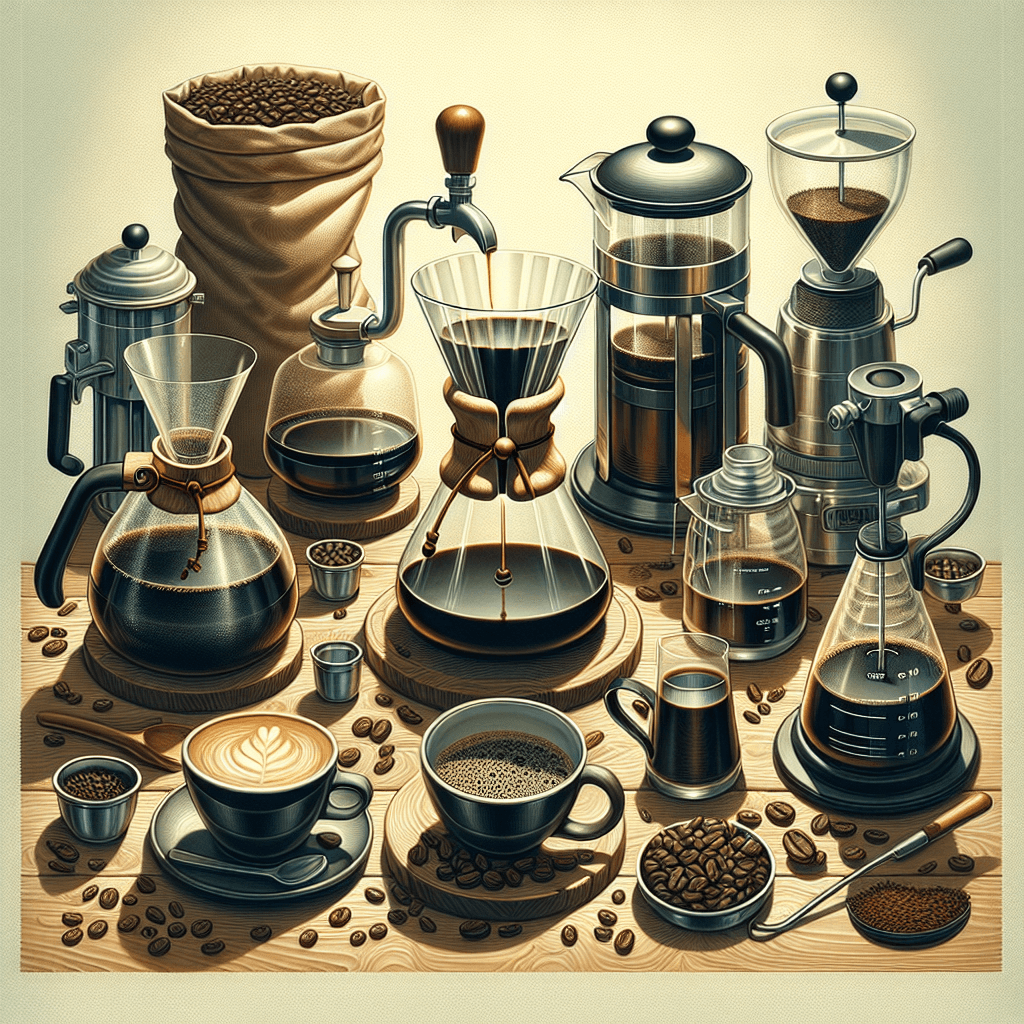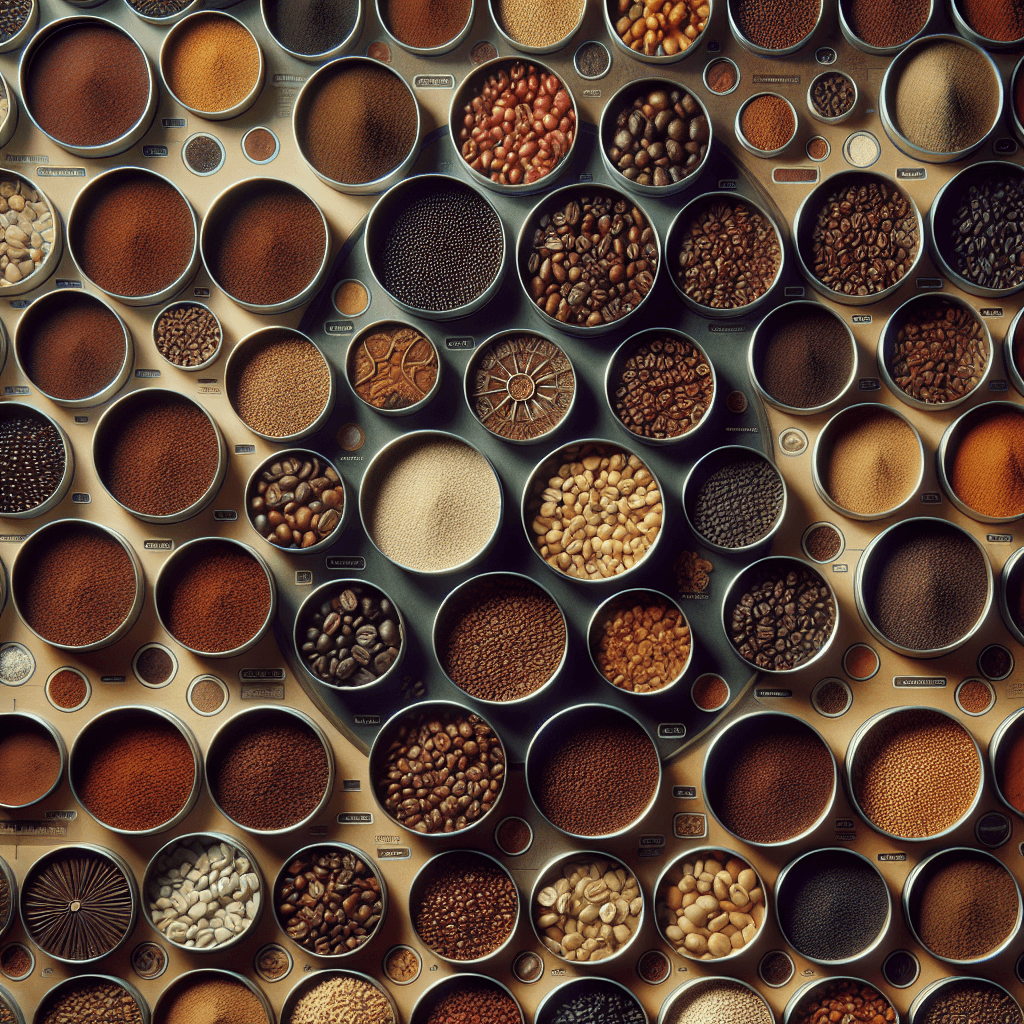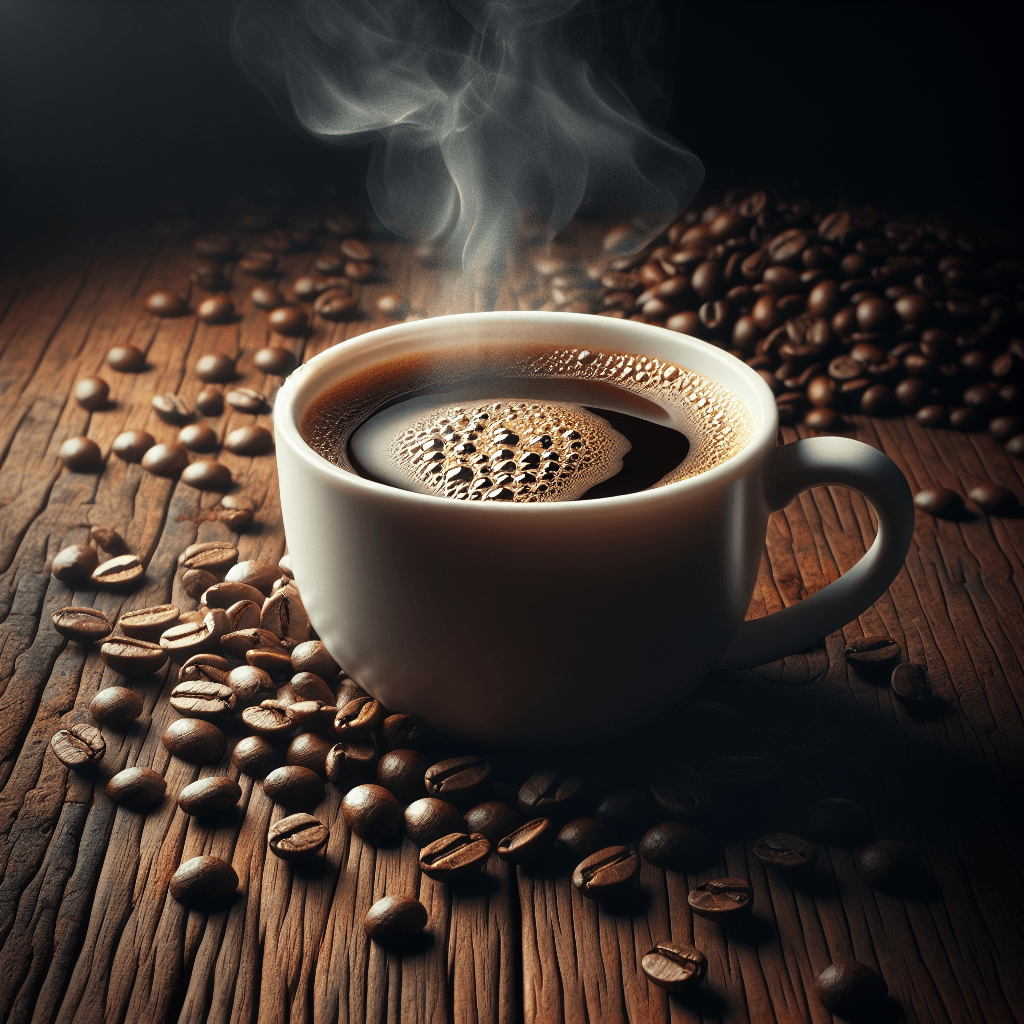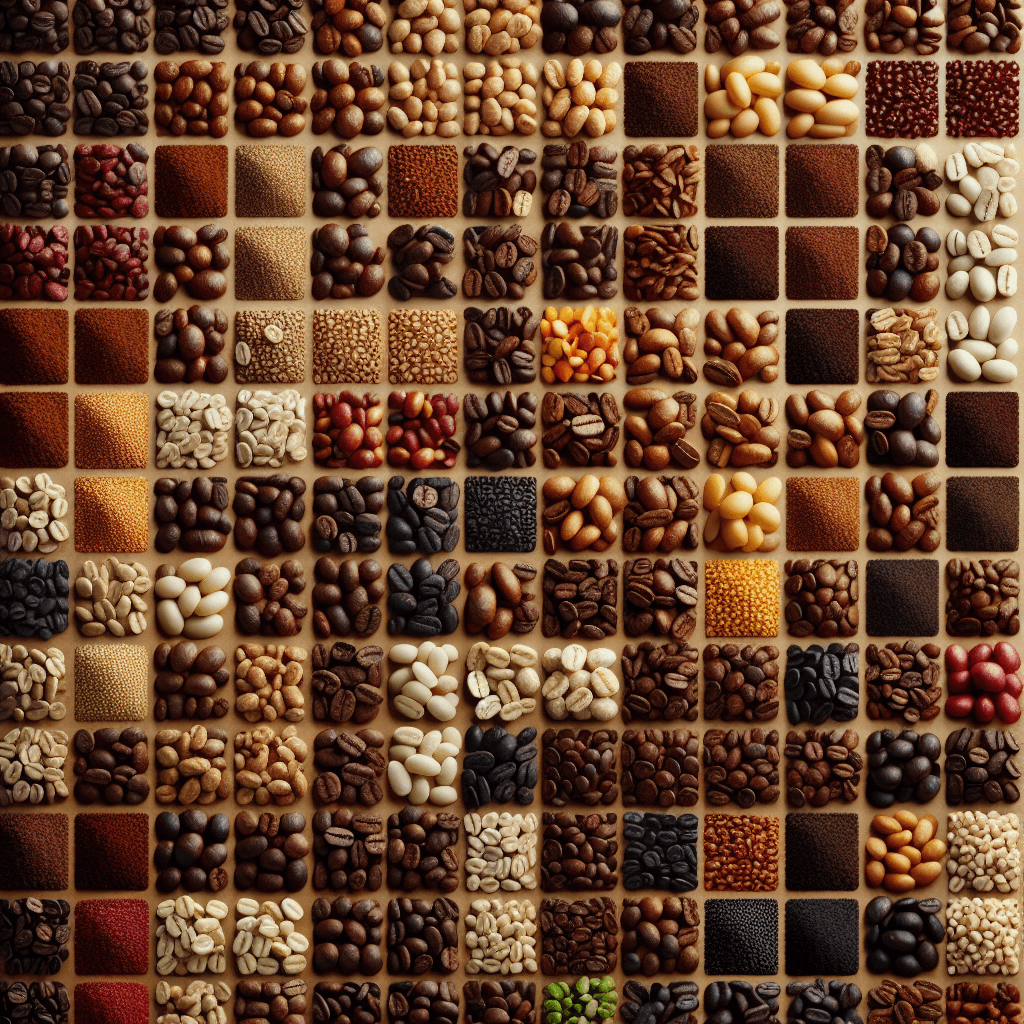The Science Behind Coffee Brewing
The Science Behind Coffee Brewing
Your morning cup of joe might seem like a simple routine, but there's actually a lot of science at play. And understanding that science could make all the difference in the taste and aroma of your coffee.
The Chemistry of Coffee Beans
Sugar, proteins, water, and oils are the primary components of a coffee bean. When heated, these create reactions leading to the rich taste and aroma we all enjoy. Roasting coffee is therefore a tricky business – too little heat and the flavors stay locked away, too much and they’re burnt off.
Selecting the Right Brew Method
The science doesn't stop at the roasting process. Brew methods themselves vary and have unique impacts on the final product. The pressure, time, and medium used for extraction can dramatically change the flavor profile of your coffee.
The Coffee Grind
The grind size of your coffee greatly affects the extraction process. In simpler terms, it directly impacts the coffee’s taste. Finer grinds offer a larger surface area for water to interact with the coffee, resulting in a fuller-bodied flavor. Coarse grinds, on the other hand, result in a weaker, less robust cup.
Understanding the Magic of H2O
About 98% of your coffee cup is water, so its quality can significantly affect taste. Fresh, clean, and filtered water is ideal to avoid any mineral interference with coffee’s own chemical makeup.
Daily Grind Tip: To make the most flavorful coffee, match the grind size with your brewing method. Finer grinds work better with espresso machines, while a French Press extracts the best flavor from a coarser grind.
Stay motivated, caffeine lovers! Remember, life happens and coffee helps. As the saying goes, "Behind every successful person is a substantial amount of coffee." So, brew on and never underestimate the power of a good cup of coffee!


